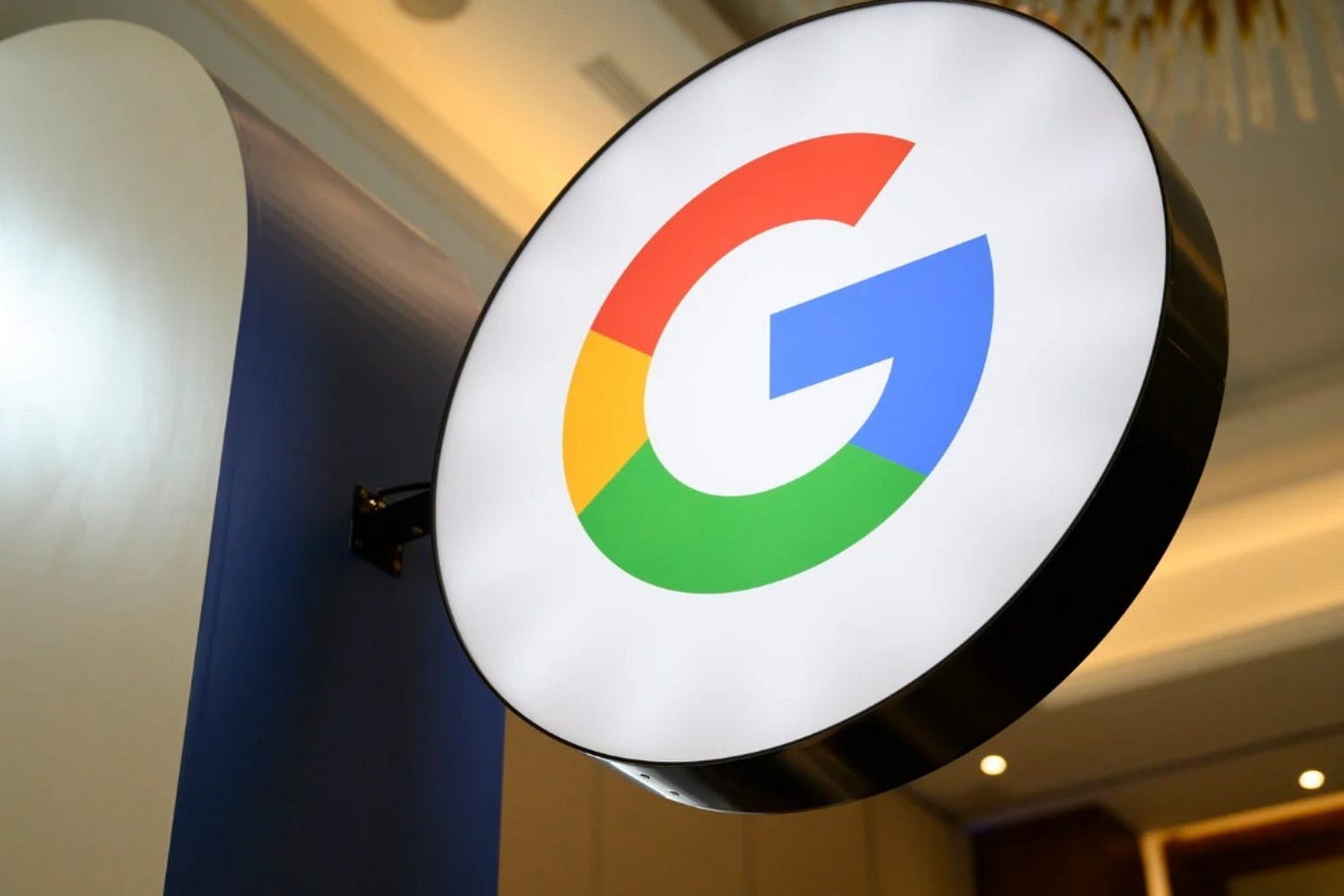A week in Generative AI: Regulation, Search & Jarvis
News for the week ending 10th November 2024
Unsurprisingly there isn’t much GenAI news this week, with everything that has been happening in the US. That does give us an opportunity to look at what the US election result could mean for AI regulation and also take another look at the likely implications of ChatGPT Search on Google’s search business. There’s also a little leak from Google DeepMind of their incoming Jarvis AI.
What Trump’s victory could mean for AI regulation
Unfortunately, it’s probably not good. Trump is notoriously anti-regulation and has already said that he plans to tear up Joe Biden’s AI Executive Order on “day one“. Trump and his allies claim that the Executive Order’s reporting requirements are onerous and force companies to disclose trade secrets. Trump also wants to cancel the Executive Order to ensure AI isn’t used to “censor the speech of American citizens“.
Many of Trumps views on AI are centred around free speech, privacy and American values. It’s likely that (with Elon in his ear) we’ll see de-regulation, increased government investment in AI infrastructure (mostly power generation and data centres) and an acceleration of AI being authorised in the defence industry.
ChatGPT Search and Google compared
Here is a great article from Lifehacker comparing ChatGPT Search results and Google Search results across areas like News, Sports, Weather, Shopping and Directions.
The conclusion is similar to mine last week, praising the clean and straightforward interface of ChatGPT Search, and impressed by how good the search results are. ChatGPT is better for complex, multi-step searches with Google winning out on simple searches beyond the (relatively) limited partnerships OpenAI currently has in place for premium content.
Google Confirms Jarvis AI Is Real by Accidentally Leaking It
So, Jarvis is an AI agent that can surf the web for you. It will be a Google Chrome browser extension and will be able to perform online tasks that are simple and easy to automate (such as basic research, booking travel, and making purchases).
Jarvis will be powered by an advanced version on Gemini as is rumoured to launch next month. Based on the report, it will work in a similar way to Claude’s Computer Use and the Chrome extension will effectively be able to operate the web browser in the same way a human does by analysing what’s on screen and then deciding on the next best action.
This seems to be quite a popular approach at the moment, with Google, Anthropic, Apple and Microsoft all pursuing similar strategies to give AI access to what’s on the screen and then be able to perform actions. I’m not 100% convinced that this is a great approach - I don’t want an AI agent to have to be able to see what’s on my screen to be able to do things, I just want it to go off and do things. I expect this will be a temporary stepping stone until AI agents are more capable and able to interact with more services via APIs.
AI Ethics News
ChatGPT told 2M people to get their election news elsewhere — and rejected 250K deepfakes
News organisations are forced to accept Google AI crawlers, says FT policy chief
OpenAI Gets a Win as Court Says No Harm Was Demonstrated in Copyright Case
AI may displace 3m jobs but long-term losses ‘relatively modest’
Long Reads
One Useful Thing - The Present Future: AI's Impact Long Before Superintelligence
Understanding AI - Why the deep learning boom caught almost everyone by surprise
Emergent Behaviour - Dream a Little Dream of Me
“The future is already here, it’s just not evenly distributed.“
William Gibson






